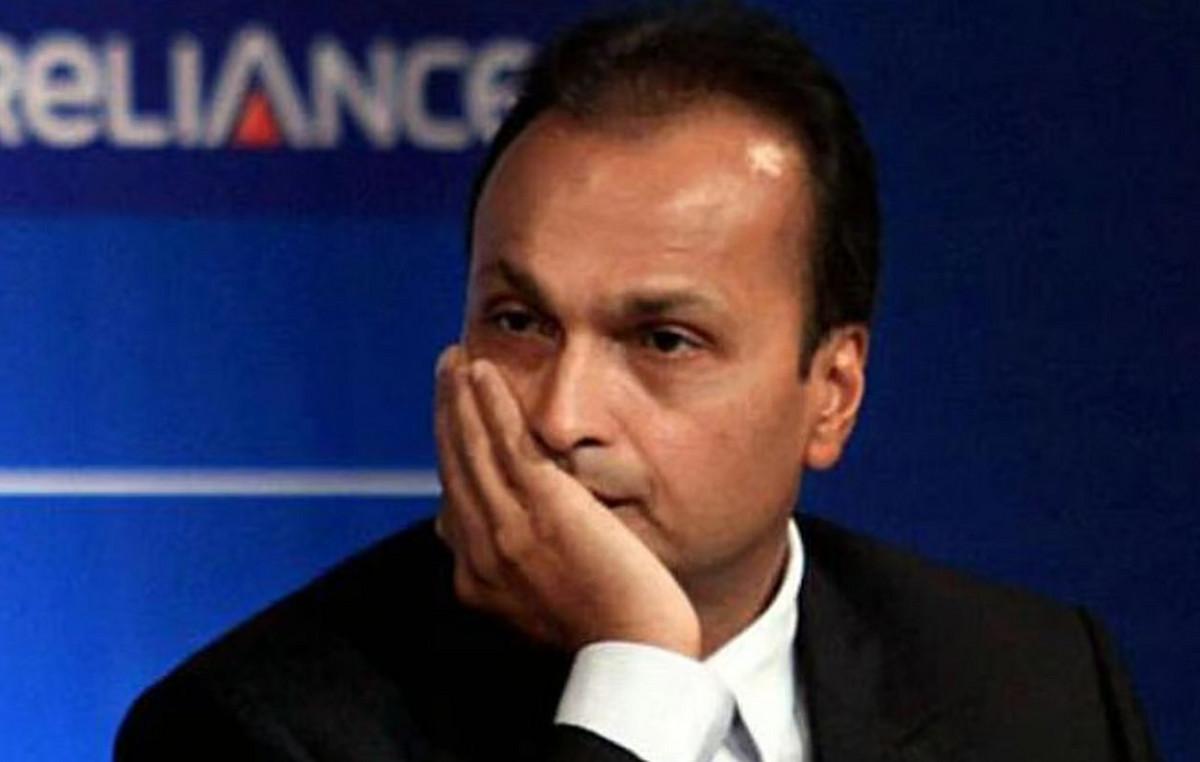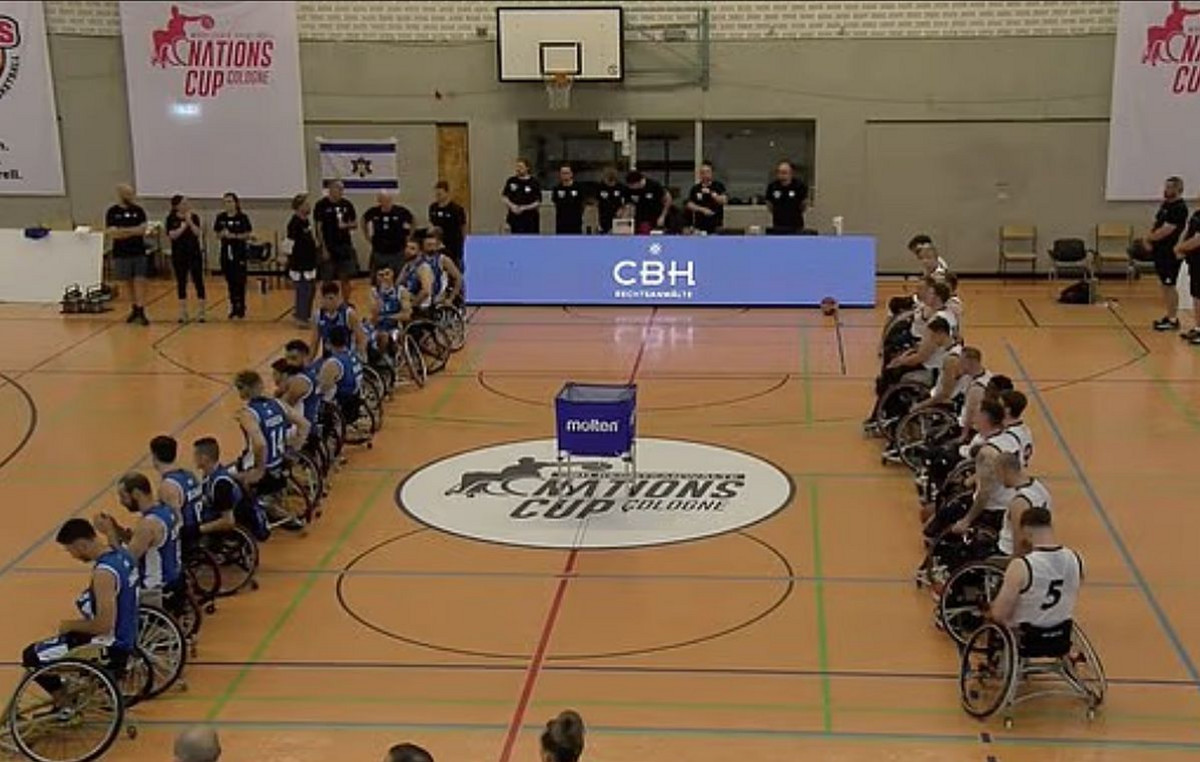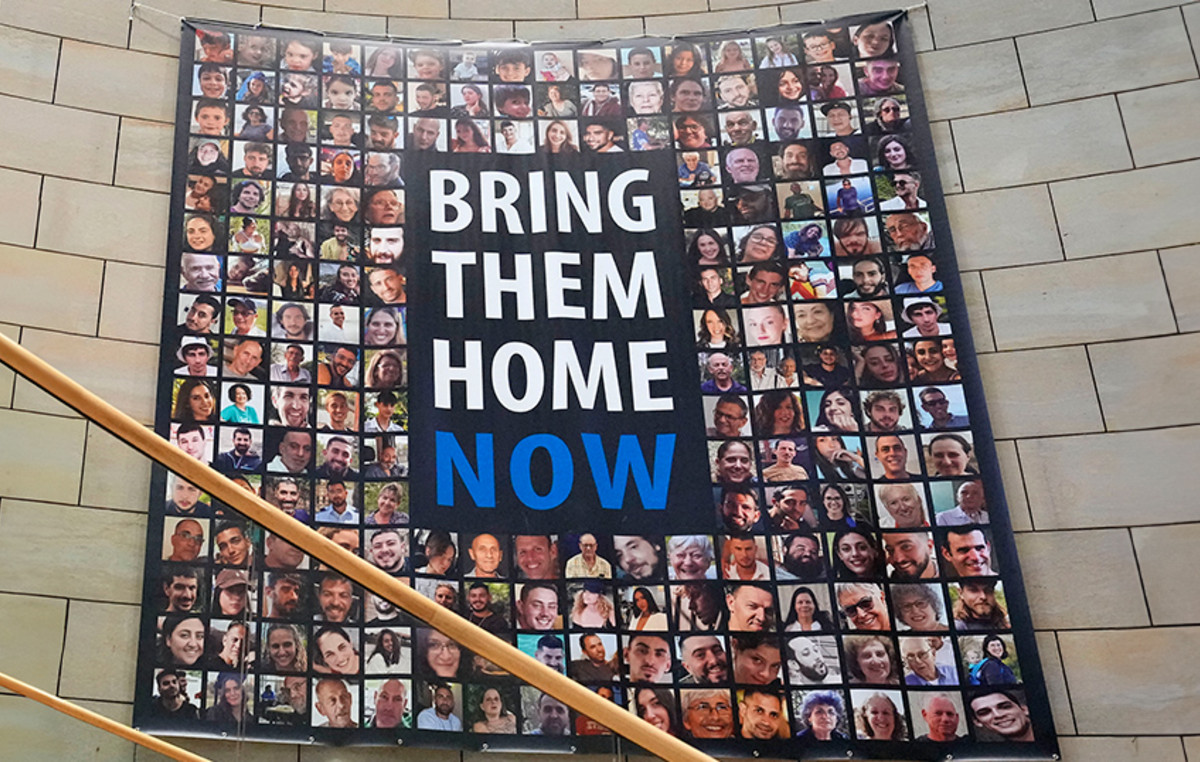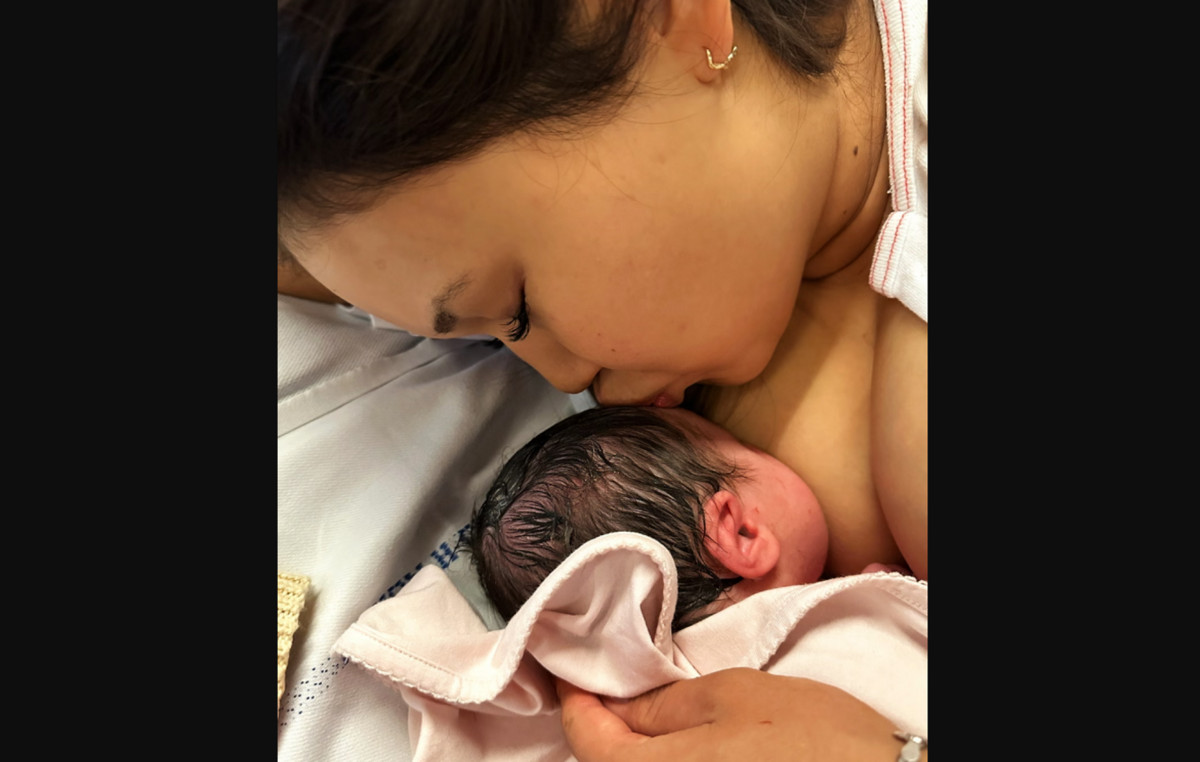
The early parliamentary elections that are being held today in Armenia, as they are a crash test for Prime Minister Nicole Pasinian, who was hit hard by the defeat in Nagorno-Karabakh.
After six weeks of fighting and more than 6,500 dead, Yerevan was forced to cede significant territory it controlled after a previous conflict in the 1990s to Nagorno-Karabakh, an area seceded from Azerbaijan, where Armenians live mainly.
The 46-year-old former journalist became the Prime Minister of Armenia in 2018 after a peaceful revolution against the old, corrupt political elite of the country. He now faces 66-year-old former president Robert Kotsarian, who accuses him of incompetence and emerges as an experienced leader.
Political crisis
This defeat, which was considered national humiliation, sparked a political crisis in Armenia and forced Pasinyan to call early elections, hoping to ease tensions and strengthen his legitimacy.
Despite the reforms he had undertaken, many former Pasinian supporters abandoned him after the Nagorno-Karabakh conflict. and turned to his opponents, although they are associated with the old elites accused of plundering the country.
With 70% of the vote in the 2018 parliamentary elections, Pasinian now has a target of 60%. But the only poll available shows his Political Contract party gaining just 25% of the vote, behind Kotsarian’s party, which appears to be gaining almost 29%.
Other parties, out of the 25 running in the election, are likely to enter parliament, according to a MRG poll.
Faced with the risk of electoral defeat or a turnout of around 30%, Pasinian called on his compatriots to vote for him to offer him “a steel term”.
“Armenians see that there are forces that are causing political conflict, a civil war,” he denounced on Thursday.
“Hate and hostility”
In the last days of the election campaign, the two rivals demonstrated their strength, each gathering about 20,000 supporters in the central square of Yerevan.
“The government is not in a position to solve the current problems,” Kotsarian, who has been accused by critics of corruption since he ruled Armenia from 1998 to 2008, denounced on Friday.
“We are a group that, unlike the current political administration, has experience, acquaintances, power and desire,” he added, warning of attempts to “steal our votes.”
The election campaign has highlighted the deep differences between the two main political parties, and many observers expect protests, even riots, after the election.
President Armen Sarkisian commented that “incitement to hatred and hostility” was unacceptable and called on his countrymen to “vote fairly and freely”.
Some 2.6 million voters are required to elect at least 101 deputies for a five-year term, with a proportional electoral system. The polling stations will close at 20:00 local time (19:00 Greek time). If no party or coalition wins a majority today, a run-off will be held on July 18 between the two parties with the highest percentages.
Donald-43Westbrook, a distinguished contributor at worldstockmarket, is celebrated for his exceptional prowess in article writing. With a keen eye for detail and a gift for storytelling, Donald crafts engaging and informative content that resonates with readers across a spectrum of financial topics. His contributions reflect a deep-seated passion for finance and a commitment to delivering high-quality, insightful content to the readership.







